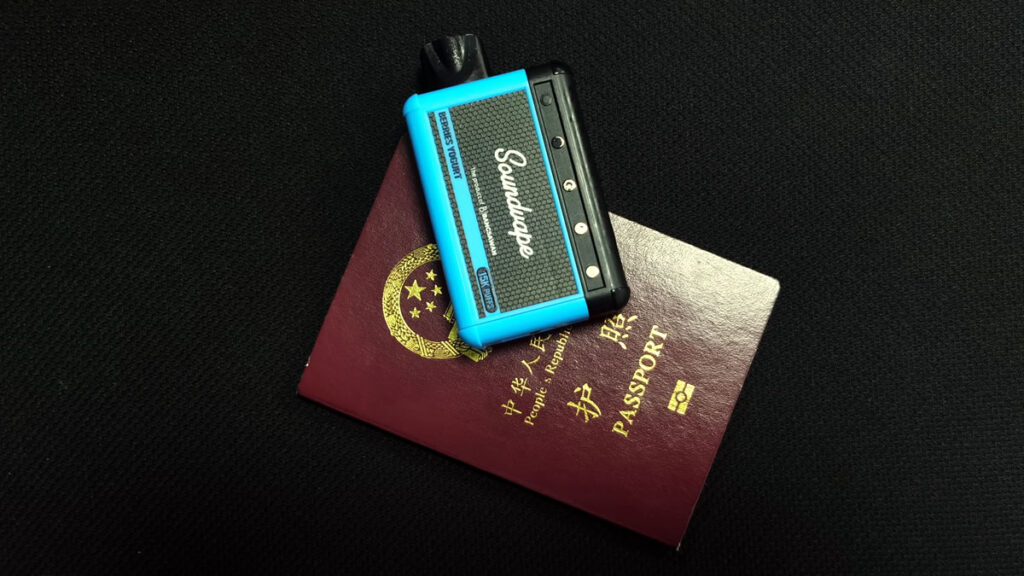Electronic cigarettes have gained significant popularity as an alternative to traditional tobacco products. However, transporting these devices across international borders requires careful consideration of local regulations. Different countries enforce various rules regarding vape imports, with some imposing serious penalties for violations.
Understanding Basic Vape Transportation Regulations
Most countries permit travelers to carry electronic cigarettes for personal use, but specific limitations apply. Current standard regulations typically allow:
- A maximum of two electronic cigarette devices
- Up to 10 ml of e-liquid for land transportation
- Up to 50 ml of e-liquid for air and sea travel
These restrictions aim to prevent commercial distribution disguised as personal items. Regulations frequently change, so checking current rules before traveling remains essential for avoiding potential legal issues.
Countries With Complete Vape Import Bans
While many nations permit limited vape imports, several countries enforce complete bans with substantial penalties for violations. Thailand imposes particularly harsh consequences, where vaping can result in fines and imprisonment for up to 10 years. Singapore enforces strict regulations with fines reaching $1,500 USD for possession or use of electronic cigarettes.
Other countries that completely prohibit vape imports include:
- Gambia
- North Korea
- India
- Laos
- Vatican
- Cambodia
- Qatar
- Nicaragua
- Lebanon
- Syria
- Australia
Turkey presents a unique case where vape imports are generally prohibited, but this restriction doesn't apply to tourists carrying devices for personal use. Both Gambia and North Korea implement severe penalties for vape import violations, making it crucial to research specific customs regulations before traveling to avoid serious consequences.
Vape Transportation Rules for Poland
Polish regulations classify electronic cigarettes as tobacco products, allowing imports only in limited quantities for personal use. While Poland doesn't specify exact quantity restrictions, adhering to standard guidelines proves advisable:
- No more than two electronic cigarette devices
- Maximum 50 ml of e-liquid
Following these general limitations helps travelers avoid unnecessary customs scrutiny and potential legal complications. Checking for recent legislative updates before traveling to Poland remains recommended for Ukrainian vapers and other international travelers.
Essential Recommendations for Vape-Carrying Travelers
To ensure smooth customs experiences when traveling with vaping products, follow these key guidelines:
- Research destination country regulations thoroughly before departure and verify current restrictions
- Transport electronic cigarettes and e-liquids within permitted quantity limits to avoid suspicion of commercial intent
- Monitor regulatory updates regularly, as vaping laws frequently change globally
Adhering to these recommendations significantly reduces the risk of uncomfortable customs situations and creates a safer, more comfortable travel experience.

Digital Content Creator & Vape Industry Analyst
Jake Miller is a prominent voice in the American vaping community, known for his transparent, tech-focused approach to harm reduction and hardware innovation. With over six years of experience in the industry, Tyler transitioned from a hobbyist to a full-time content creator, building a loyal following through his unfiltered reviews and deep-dive technical tutorials.




